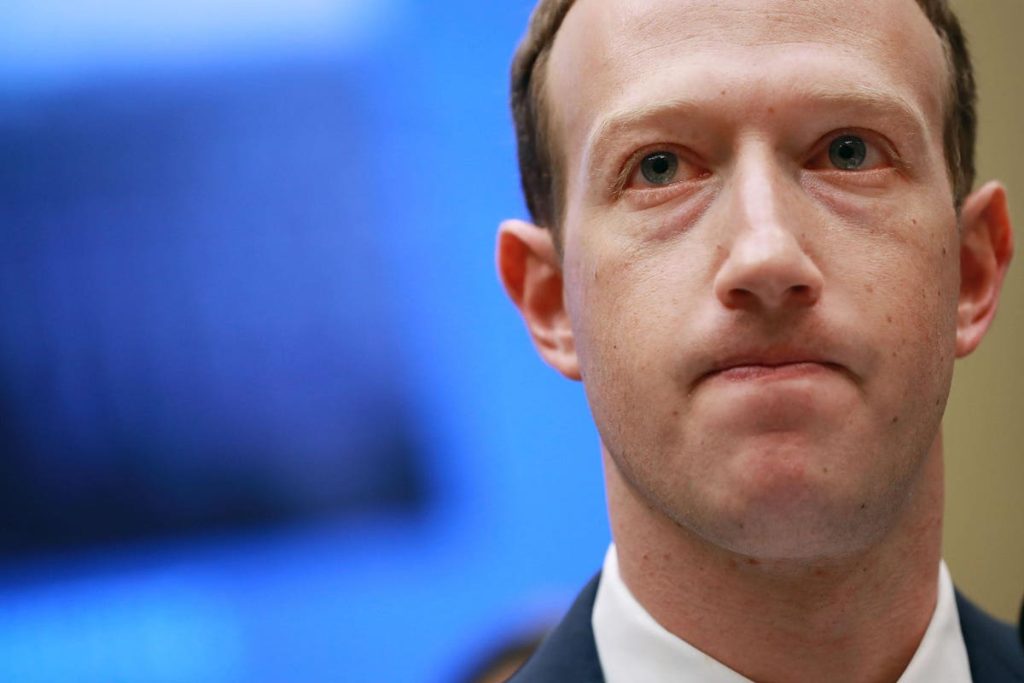In case you are not aware, Facebook is full of scams.
Sneaky advertisements, posts with factual errors, misinformation, and everything in between. It’s all part of the social media landscape.
Yet, there was one scam that most of us have heard about and many of us were fooled by.
Back when Donald Trump was running for office, a completely unknown company called Cambridge Analytica ran a survey that was actually more like a political campaign in disguise. People noticed, and the result is a major class action suit that led to a settlement.
And this is where you come in.
If you were a Facebook user from 2007 to 2022, you can file a claim. The form is right here. There’s no catch, other than the fact that you must register for the settlement by August 25. After that, there’s very little chance you can make any claim.
You do need to type in the email associated with your email account. It took me forever to find mine, but the trick is to click your profile photo in the upper right corner of your browser, then go to Settings & Privacy > Settings > Meta Accounts Center > Personal details > Contact Info. There’s not much else to add to the form, and very little information about what comes next.
This type of massive settlement only comes up once in a while, and if it does, it’s rare that so many people would be able to make a claim.
There’s also a wide window for when you can claim you were a user, but the form mentions that you could be a user or someone who had an account that you deleted since then. There’s no way to tell how many people will be part of the settlement, how much money you would receive, or even any details about timing. There is a way to register a bank account or your PayPal to receive the funds.
The settlement involved a massive pay-out to the FTC (about $5 billion) and to the SEC (about $100 million).
The fallout from this case and the settlement is that many Facebook users started questioning whether they really want to be part of a social media network that allows something so scandalous. In recent years, the entire business model of agreeing to look at ads and compromise your own security in order to use a free platform has fallen under more scrutiny than ever before.
Will this new claim make a difference?
I can’t say for sure. There are times when I think the typical Facebook user is not aware of any problems. Asking friends and family recently about this topic, most said they don’t care and don’t pay attention to it.
Maybe they will now.
Read the full article here










